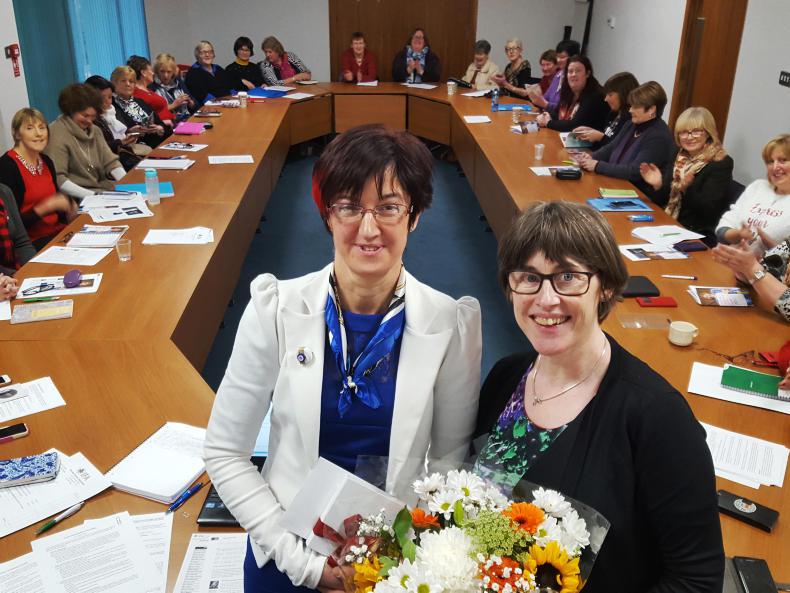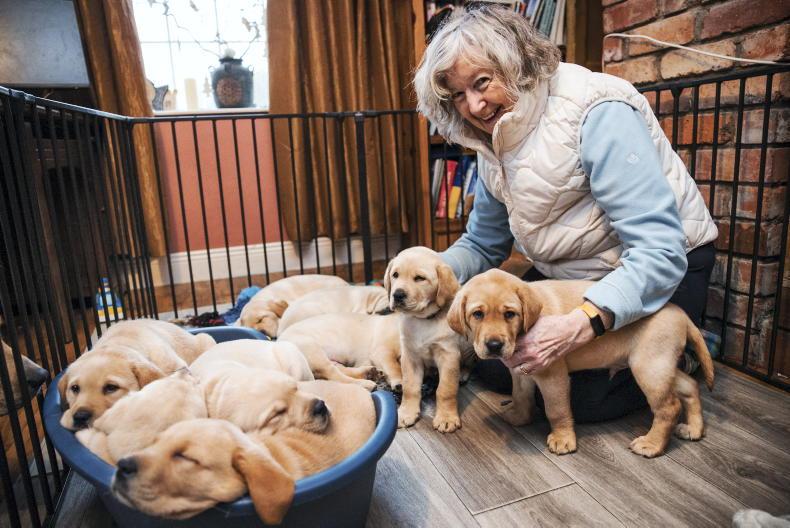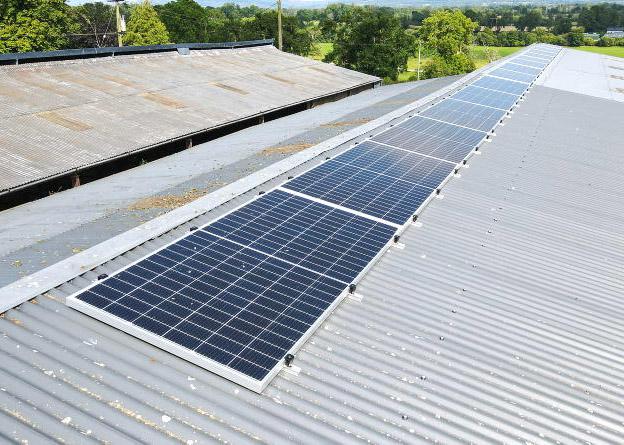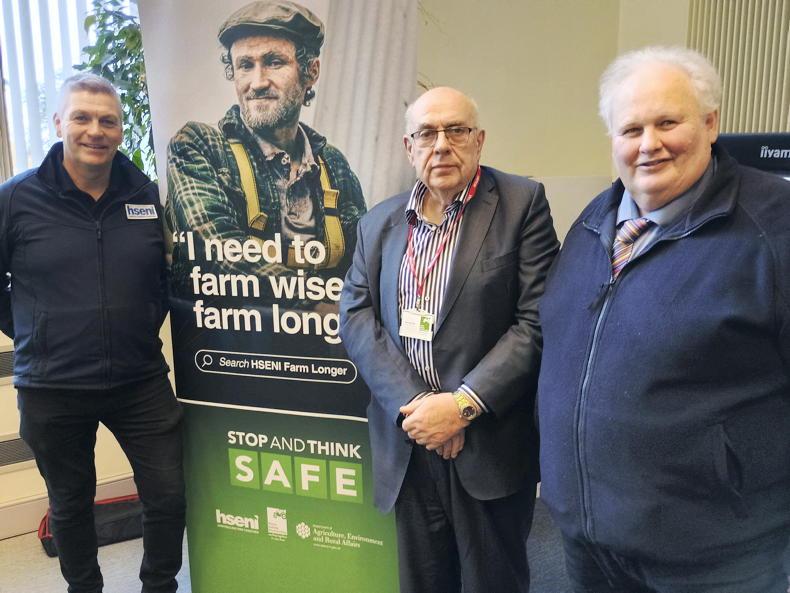Irish rural culture and way of life is underpinned by its people and communities, and farm families are the building blocks of the community. Many rural dwellers feel the fabric of rural society is under siege, as a result of the eroding of services such as healthcare, transport or schools; rural depopulation due to the lack of employment opportunities; or the increasing levels of addiction and mental-health issues.
As the new chair of the IFA Farm Family & Social Affairs committee, I want to strengthen the voice of farm families, by working with members, organisations and Government to tackle the issues affecting farm families and find sustainable solutions. I want to build on the work of the women who have gone before me in this position and improve the situation for farm families.
I am very lucky to be working with a committee that is passionately committed to this cause, who actively advocate for farmers and go above and beyond to provide advice and work to resolve issues.
Farm safety will continue to be a key focus of the committee, and now our work will be supported by the employment of a dedicated farm safety officer. The officer will be responsible for the implementation of a farmer-to-farmer branch-safety programme. This voluntary programme will focus on prevention by encouraging neighbouring farmers to have informal walks on each other’s farms. The idea being that a fresh pair of eyes might see something new, to improve safety.
Of particular concern to me is the lack of services available for older people living in our communities. Many, due to poor health or mobility issues, can become confined, leading to problems such as social exclusion. I want to work to ensure older people living in rural areas have access to supports and services, so they can live independently at home for as long as possible.
I recently met with Minister Daly on the Fair Deal scheme, which I am happy to report is progressing well, albeit slowly, and it is hoped that the required change in the Nursing Home Support Act will take place in late 2018. We are to meet with the minister again this month, when there should be greater clarity on the three-year cap on productive assets. The forthcoming amendments to the Contributory State Pension will positively affect over 40,000 people, predominantly women. Many of the organisations involved in the campaign had been working in insolation for years, trying to secure changes to the system so that women would get an appropriate pension payments. But success came when all of us worked together to put pressure on Minister Doherty to properly credit people who had worked as carers and introduce the option of a total-contribution approach to calculating payment. I look forward to continuing to work with all organisations involved.
There is a need for change in social policy, particularly in rural areas but I am confident we can assist the growth of rural communities and create vibrant, sustainable communities. I look forward to working with you all, to do my small bit to continue the process of change. CL
Irish rural culture and way of life is underpinned by its people and communities, and farm families are the building blocks of the community. Many rural dwellers feel the fabric of rural society is under siege, as a result of the eroding of services such as healthcare, transport or schools; rural depopulation due to the lack of employment opportunities; or the increasing levels of addiction and mental-health issues.
As the new chair of the IFA Farm Family & Social Affairs committee, I want to strengthen the voice of farm families, by working with members, organisations and Government to tackle the issues affecting farm families and find sustainable solutions. I want to build on the work of the women who have gone before me in this position and improve the situation for farm families.
I am very lucky to be working with a committee that is passionately committed to this cause, who actively advocate for farmers and go above and beyond to provide advice and work to resolve issues.
Farm safety will continue to be a key focus of the committee, and now our work will be supported by the employment of a dedicated farm safety officer. The officer will be responsible for the implementation of a farmer-to-farmer branch-safety programme. This voluntary programme will focus on prevention by encouraging neighbouring farmers to have informal walks on each other’s farms. The idea being that a fresh pair of eyes might see something new, to improve safety.
Of particular concern to me is the lack of services available for older people living in our communities. Many, due to poor health or mobility issues, can become confined, leading to problems such as social exclusion. I want to work to ensure older people living in rural areas have access to supports and services, so they can live independently at home for as long as possible.
I recently met with Minister Daly on the Fair Deal scheme, which I am happy to report is progressing well, albeit slowly, and it is hoped that the required change in the Nursing Home Support Act will take place in late 2018. We are to meet with the minister again this month, when there should be greater clarity on the three-year cap on productive assets. The forthcoming amendments to the Contributory State Pension will positively affect over 40,000 people, predominantly women. Many of the organisations involved in the campaign had been working in insolation for years, trying to secure changes to the system so that women would get an appropriate pension payments. But success came when all of us worked together to put pressure on Minister Doherty to properly credit people who had worked as carers and introduce the option of a total-contribution approach to calculating payment. I look forward to continuing to work with all organisations involved.
There is a need for change in social policy, particularly in rural areas but I am confident we can assist the growth of rural communities and create vibrant, sustainable communities. I look forward to working with you all, to do my small bit to continue the process of change. CL









SHARING OPTIONS